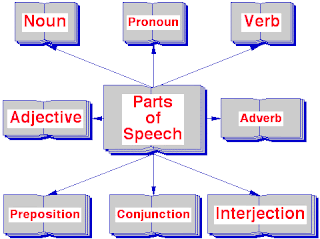Tonight's Homework: complete both sides of worksheet on "lie, lay, sit, set."
Link to Youtube videos: http://www.youtube.com/watch?v=loi3gDeGTwU&safety_mode=true&persist_safety_mode=1&safe=active
Do you think it’s ok to perform brain surgery in an effort to increase human intelligence? Explain your answer.
“Flowers for Algernon”
by: Daniel Keyes
setting- March-July 1965 in New York City
Literary Element
Characterization- (The way the character is described)
Words to Know
tangible- (adj.) able to be touched or observed
Ex. The doctors wanted to see tangible results of the brain operation.
specter- (noun) a disturbing thought.
Ex. Any specter of doubt would have ruined her chances of survival.
refute- (verb) to prove wrong
Scholars often attempt to refute one another’s theories.
vacuous- (adj.) empty; showing a lack of intelligence
Ex. The mentally challenged man had a vacuous look in his eyes.
obscure- (adj.) hidden; not easily discovered
Ex. Our knowledge of life on Mars is obscure.
convolutions- (noun) uneven ridges on the brain’s surface
Ex. Scientists study brain convolutions when treating mental illness.
fissures- (noun) narrow openings; crevices
Ex. The earthquake produced many deadly fissures in the earth’s crust.
introspective- (adj.) looking inward
Ex. Some people keep an introspective journal to record their thoughts.
regression- (verb) to return to a less developed condition
Ex. As the athlete got older, his regression was more noticeable.




















